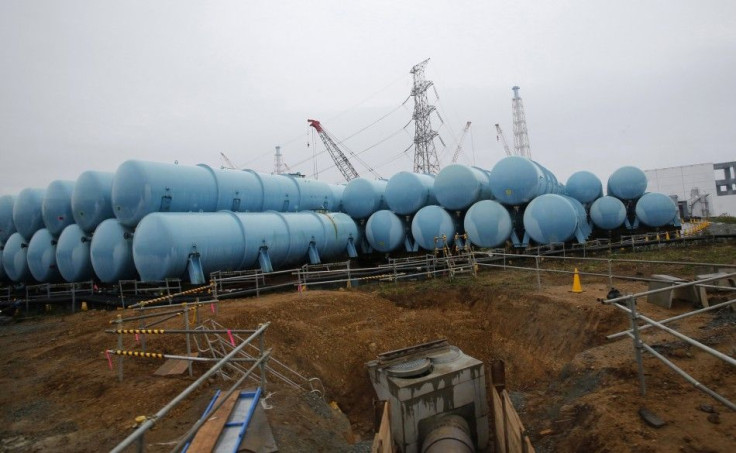Risk Of Australian Uranium In Indian Nuclear Weapons Spark Worries

Australian uranium might end up in the hands of India as part of the country’s nuclear weapons program. Two experts on nuclear power believe the concessions agreed between the two nations could lead to this scenario.
Ronald Walker, a former Australian ambassador and chairman of the international Atomic Energy Agency, said the Abbott government’s deal to sell the country’s uranium to India has “drastically changed” Australia’s longstanding policy on safeguards. He added that the agreement has risked countries playing with nuclear weapons, reports The Guardian.
Risk of nuclear weapons building
Walker told a hearing of the parliamentary joint standing committee on treaties that deal with India is different from Australia’s 23 other uranium export deals. He believes the uranium agreement between Australia and India will only cause damage to the non-proliferation regime.
Prime Minister Tony Abbott has signed a deal to transform Australia into a “long-term” supplier of uranium to India. The agreement was finalised in New Delhi in Sept. 2014 but the committee has yet to approve the terms of the deal.
John Carlson, the head of the Australian Safeguards and Non-Proliferation Office between 1989 and 2010, shares the same view with Walker. He said it would be inexcusable for Australia to push through with the agreement. According to the provisions of the deal, Australian material can be used to make unsafeguarded plutonium that may potentially end up in India’s nuclear weapon program.
However, a senior foreign affairs official defended the deal and argued that India has unique circumstances. He said any deviation from the standard agreement would achieve the same results based on policy but in different ways.
Walker cited specific and new wording on the issue of whether India needed to seek Australia’s permission to enrich the country’s uranium imports. He said the wordings were open to interpretation that Australia has agreed to give prior consent if India decides to proceed with high-level enrichment. Walker warned that highly enriched uranium can be used to create nuclear weapons and generate energy.
Nuclear power for economic development
Walker explained that in Australia’s current agreement with India, Australia does not claim to withhold or withdraw consent if dissatisfied. Both Walker and Carlson support the uranium exports to India to reduce the use of fossil fuels and promote economic development through generation of nuclear power. Carlson had pointed out that the safeguards of the deal with India were more lenient compared to the deals Australia had with China, Japan and the U.S.
Advocates of the deal believe in promoting the use of nuclear energy against climate change. Mr Abbott said in December 2014 that nuclear power should be used to help reduce greenhouse gas emissions. He added that global warning has made the issue of generating nuclear power worth revisiting.
Japan Times reports that the nuclear disaster in 2011 in Fukushima has influenced public opinion against nuclear power. However, interest has been revived due to calls for global reduction of carbon emissions.
To report problems or leave feedback, contact: r.su@ibtimes.com.au





















